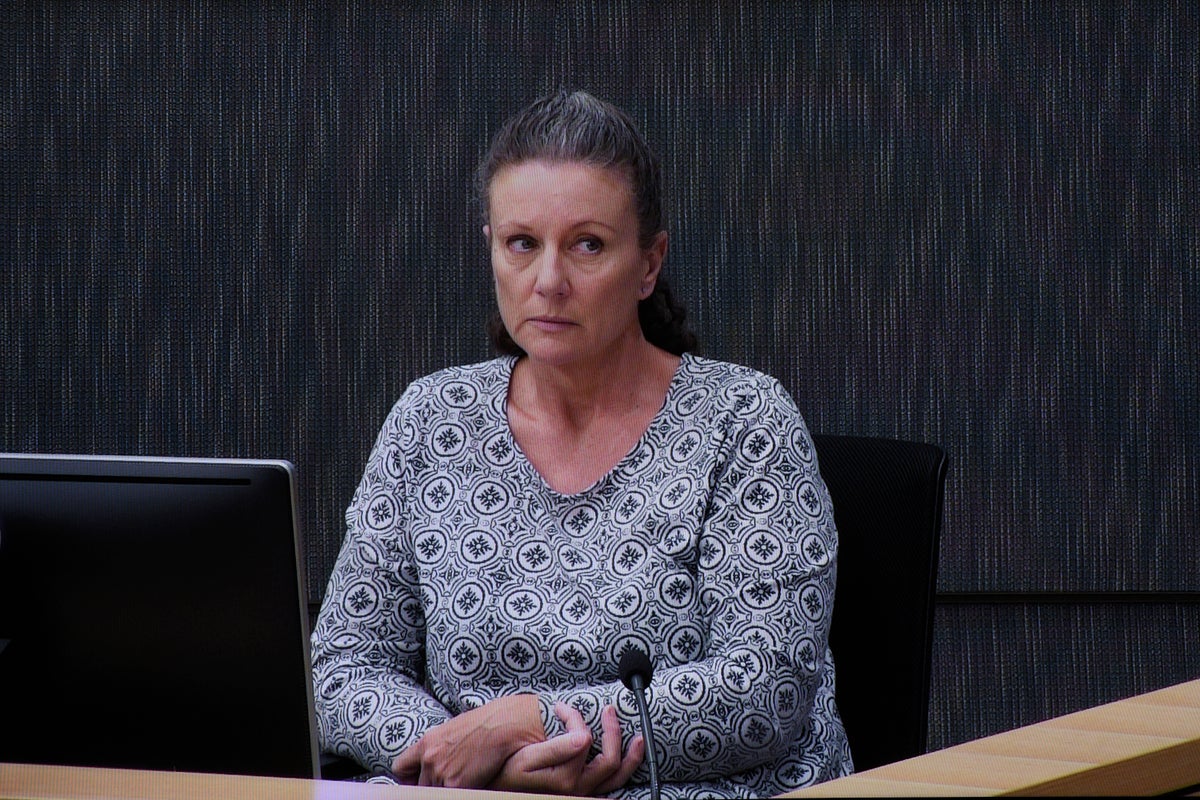
A retired Australian judge investigating the convictions of a mother in the deaths of her four children was told Monday there is a “reasonable hypothesis” that could cast doubt on her guilt.
The inquiry by retired New South Wales state Supreme Court Chief Justice Tom Bathurst into Kathleen Folbigg’s convictions in 2003 resumed on Monday after a two-day hearing in November.
It is the second judicial investigation into Folbigg’s convictions and reflects advances in genetic science that add weight to her argument that her four children died over a decade from natural causes, not from being smothered.
Counsel assisting the inquiry, Sophie Callan, on Monday summarized the evidence that genetic experts are expected to give this week.
No witness is expected to give definitive evidence about the causes of death of the four children, and Bathurst will have to use his judgment, Callan said.
Bathurst asked, “There’s, even on this evidence, whichever way you look at it, a reasonable hypothesis inconsistent with guilt?”
Callan replied that the evidence would suggest just a hypothesis.
The first inquiry by retired District Court Chief Justice Reginald Blanch concluded in 2019 that there was no reasonable doubt that Folbigg, now age 55, murdered her children Sarah, Laura and Patrick and was guilty of the manslaughter of her firstborn, Caleb.
The start of the new inquiry in Sydney in November focused on a rare CALM2 genetic variant present in both daughters. Research into the variant published in 2021, after Blanch’s report, found that it might cause heart arrhythmias and sudden death in young children.
Experts are expected to tell the inquiry that all four children, but not their mother, also carried another genetic variant, identified in 2018, which could be an aggravating factor in cardiac death.
Folbigg is serving a 30-year prison sentence which will expire in 2033. She will become eligible for parole in 2028.
New South Wales Attorney General Mark Speakman ordered the new inquiry last May when he rejected Folbigg’s petition for a pardon.
That petition said it was “based on significant positive evidence of natural causes of death” and was signed by 90 scientists, medical practitioners and related professionals.
If Bathurst finds reasonable doubt of Folbigg’s guilt, he can report to the Court of Criminal Appeals, which could consider quashing her convictions.







